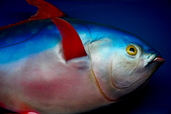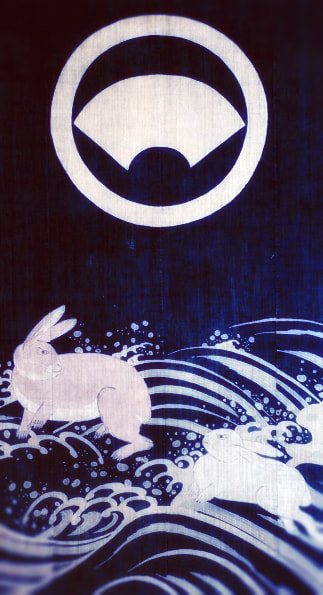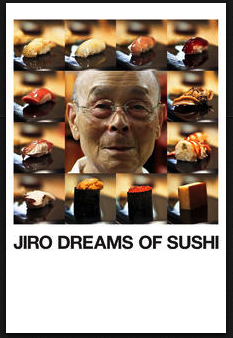
Most of all, it rejoices in a worthy protagonist. At eighty-five, Jiro concerns himself with something far more abstract than the glistening morsels fashioned so lovingly in his renowned kitchen, namely excellence, that most elusive of beasts. “Once you decide on your occupation, you must immerse yourself in your work. Fall in love with your work. Never complain about your job. You must dedicate your life to mastering your skill. That's the secret of success. And is the key to being regarded honourably.” he assures us. With seven decades in the game, three Michelin stars, an unimpeachable reputation and two adult children committed to his legacy, you could be forgiven for thinking that Jiro might have actually overtaken the standard to which he aspires. But his ambivalence is obvious; slices of sea creatures and gobbets of grain both express his devotion to deliciousness and stand eternally between him and objective perfection.
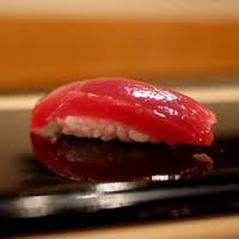
To the contemporary observer, excellence is an anachronistic concept almost bereft of authenticity, and against this expectation Jiro's way seems at first like little more than submission to a conservative doctrine. But the tension between orthodoxy and the personal militancy of virtuosity is the true heart of the matter and the thing I've thought about for weeks afterwards. Jiro's badarse skill set and the lifelong grind of acquisition are both plainly illuminated, challenging the idea that excellence is too costly to achieve as well as being too provocative to value.
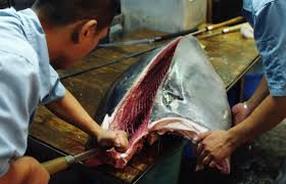

JIRO DREAMS OF SUSHI is available on iTunes.

 RSS Feed
RSS Feed



